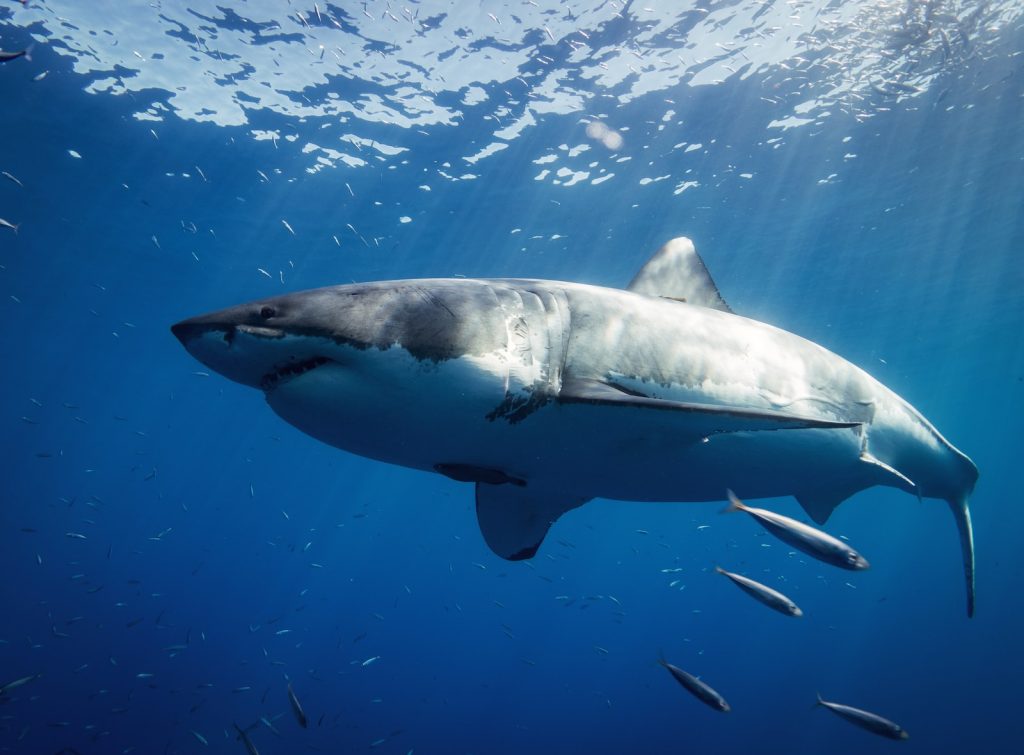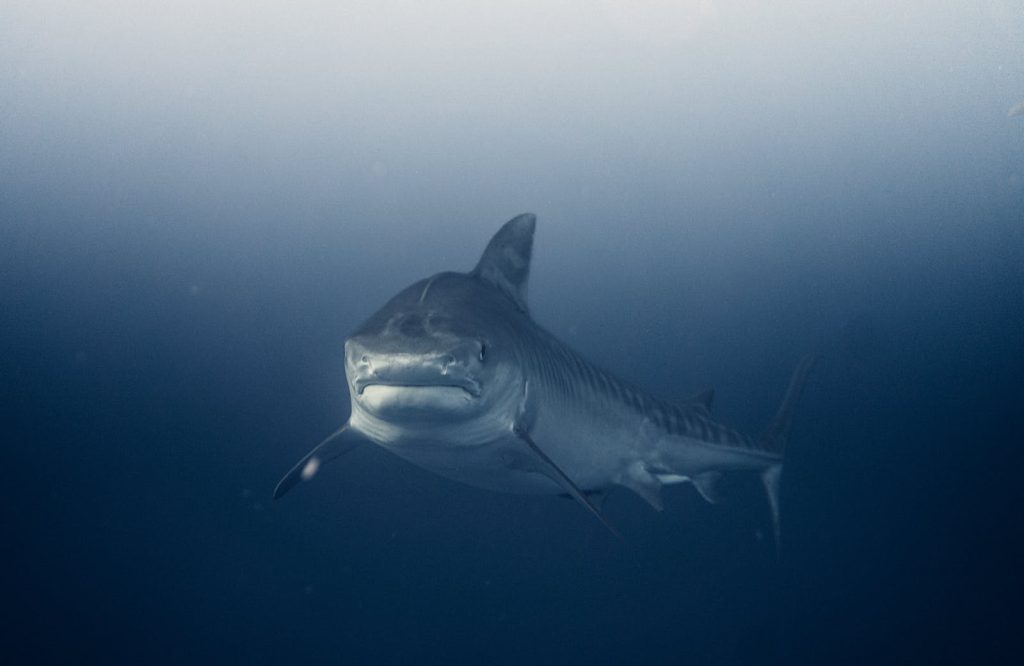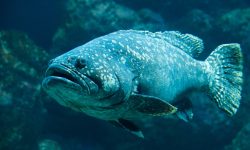Biggest Great White Shark Ever Recorded
Great white sharks, scientifically known as Carcharodon carcharias, hold the title of the largest predatory fish in the world. Often likened to the wolves of the sea due to their size and lethal nature, great whites are formidable sharks that command respect in their marine environment.
Great White Sharks: The Largest Predatory Fish on Earth
Great white sharks, scientifically known as Carcharodon carcharias, are the largest predatory fish on earth. They are often compared to the wolves of the sea, known for their size and lethal nature. These sharks have gained widespread recognition thanks to their portrayal in popular media such as the movies Jaws and Sharknado.

How Big Can Great White Sharks Get?
Great white sharks can grow to impressive sizes. When they reach peak maturity, larger females of the species can measure up to 20 feet in length and weigh up to 5,000 pounds. Males, on the other hand, are generally smaller, measuring up to 13 feet and weighing up to 4,200 pounds. It’s important to note that female great white sharks are usually larger than males due to sexual dimorphism.
Why Are Great White Sharks So Large?
Great white sharks continue to grow throughout their lifetimes. Both males and females take around 20-30 years to reach sexual maturity, and the oldest recorded great whites have been estimated to be at least 70 years old. Even after reaching sexual maturity, their growth doesn’t come to a halt. Factors such as the environment and food supply play crucial roles in their growth process. The presence of predatory figures against sharks, like orcas, is pivotal for their survival and subsequent growth. Furthermore, the more a shark eats, the more energy it has to divert towards growing. Growing is an energy-consuming process, so a shark must consume a significant amount of food in order to continue growing. Additionally, certain environmental factors can contribute to the growth of great white sharks, such as fewer predatory figures, like orcas, boats, or human interactions.

What is the Biggest Great White Shark Ever Recorded?
The biggest great white shark ever recorded is a female shark named Deep Blue. She gained fame after being spotted and filmed for a 2014 episode of Shark Week’s “Jaws Strikes Back.” Deep Blue measures approximately 20 feet in length and is estimated to weigh around 4,500 pounds. Scientists believe she is about 50 years old and was likely heavily pregnant when discovered, which contributed to her already formidable size. The case of Deep Blue has provided researchers with valuable insights into the optimal conditions for sharks to grow as large and live as long as she has.
It’s worth noting that while Deep Blue is the largest great white ever filmed, she is not the largest shark specimen in history. That record is held by the prehistoric Megalodon.

Frequently Asked Questions (FAQs)
1. Are great white sharks dangerous to humans?
Great white sharks have been involved in a small number of human attacks, but they do not typically seek out humans as prey. Most encounters between great whites and humans result from mistaken identity or defensive behavior.
2. How long do great white sharks live?
Great white sharks can live for several decades. The oldest recorded individuals have been estimated to be around 70 years old, but their exact lifespan is not yet fully understood.
3. Are great white sharks endangered?
Great white sharks are listed as vulnerable by the International Union for Conservation of Nature (IUCN). While their populations are declining, they are not currently classified as endangered.
4. What do great white sharks eat?
Great white sharks are apex predators and feed on a variety of marine animals, including fish, seals, sea lions, and smaller sharks.
5. Do great white sharks migrate?
Great white sharks are known to undertake long-distance migrations, but the patterns and reasons for their migrations are still not fully understood.
6. How fast can great white sharks swim?
Great white sharks can swim at speeds of up to 25 miles per hour (40 kilometers per hour) when chasing prey.
7. Do great white sharks have any predators?
Adult great white sharks have few natural predators, but they may occasionally be preyed upon by orcas (killer whales).
8. How large are great white shark offspring?
Great white shark pups are generally around 4-5 feet long at birth, depending on the size of the female. They grow rapidly during their early years.
9. Can great white sharks be kept in captivity?
Great white sharks have proven difficult to keep in captivity for extended periods of time. Their large size and specialized needs make it challenging to provide suitable conditions in an artificial environment.
10. How can we protect great white sharks?
Conservation efforts focused on reducing overfishing, protecting their habitats, and promoting responsible fishing practices can help protect great white shark populations. It is also important to raise awareness and educate the public about the importance of these apex predators in maintaining healthy marine ecosystems.



